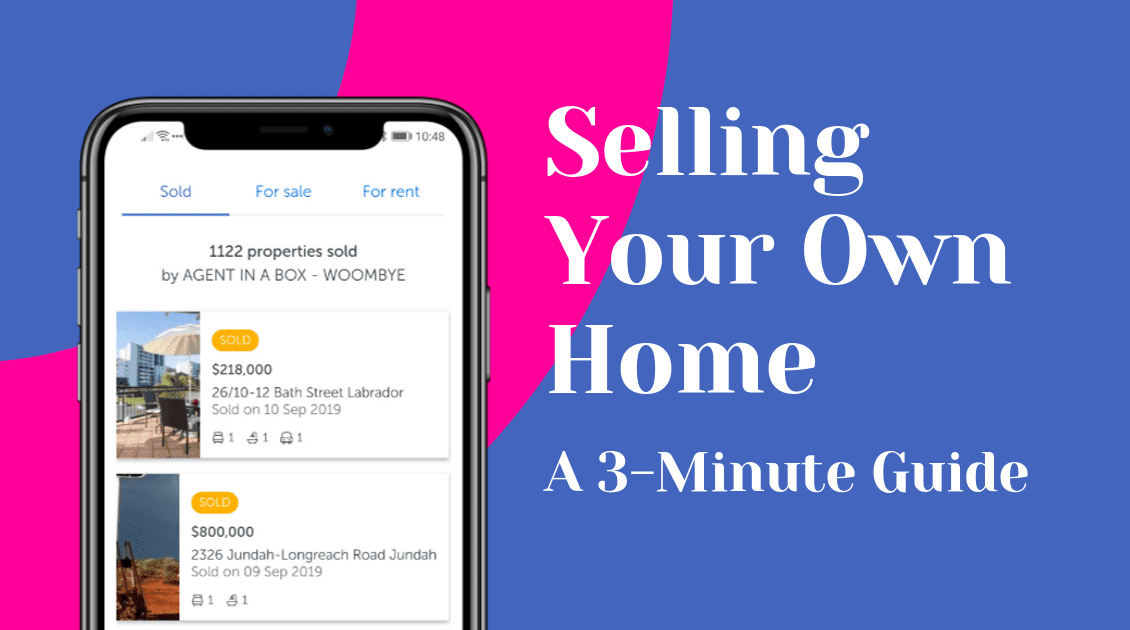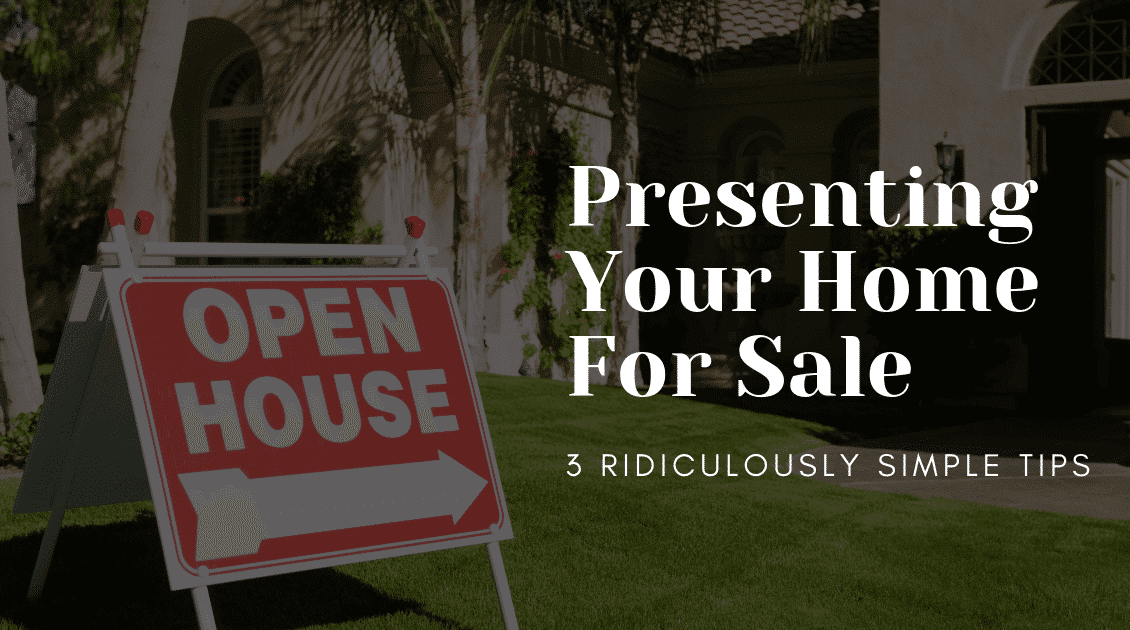As 2020 draws to an end, you would have to admit that it has been a year that will be studied and written about by historians, social commentators and cultural observers for decades to come.
And I confess, I am a history buff who sets out to see how the past affects the present.
It’s about whether or not lessons have been learned, social and political movements have been banished or resurrected and the actions, inactions and motivation of people that drove them toward the destiny they sought.
To me, the moment in time we share right now is possibly one of the most culturally, economically and socially defining of our lifetimes – and those of the next couple of generations.
For those who have taken notice of or studied recent history – years such as 1913, 1914-1918, 1929, 1939-1945, 1969, 1989 and 2001 – have provided significant events that shaped the immediate futures of individuals, populations and countries.
2020 could top them all.
I knew this was going to be the case when the threat of a virus pushed scores of Governments world-wide to lockdown (simultaneously) their people to ‘protect’ them, whilst bringing their respective economies to an almost grinding halt.
Millions could die, health service overwhelmed – the consequences of inaction were too much for many to bear. Did Armageddon arrive? I’m still waiting!
The narrative was repeated over and over; Stay Safe, Stay at Home, Get Tested, We’re all in this together – the fight was on for our very survival.
The lockdown provided me with an opportunity to look for the answers to two simple question:
Why? And…
Who might this benefit?
Within three weeks I had my answers and the information just came to me thick and fast.
What did I find out?
That’s something I might share down the track. But some people already know through interesting one on one conversations over the last 9 months.
Ok, what does this have to do with the property market?
A fair bit.
Already we are seeing significant ‘migration’ from larger urban areas such as Sydney and especially Melbourne.
City dwellers are looking toward regional and country areas for the ‘quiet life’, removing themselves from lockdowns and restriction of movement.
With remote working becoming almost the norm during the last year, you can run a business from anywhere as long as you have a laptop, phone and solid internet connection.
However, early on in the beginning of the ‘pandemic’ the prophets of doom had the property market crashing by 20-40%, when in fact some areas in Oz have seen price growth of 20%+ in just a few months.
The flight to bricks and mortar has been significant – and should remain consistent for the time being.
For those of you who follow Philip J Anderson’s 18yr property cycle, you’ll know the current trends are not a flash in the pan.
From the point of view of AIAB, we have seen our members sell property to the value of around $65million with savings of over $1.6m.
We anticipate more of the same in 2021 and beyond.
I know we are all hoping for a change of collective luck in 2021, but whether or not the new year provides a reprieve from the dramatic events and changes we have seen and endured, appears to remain in the hands of a few who seek greater control of the many.
We wish you and all your families a peaceful and joyous Christmas, and a prosperous new year.
Thank you for supporting Agent in a Box.









